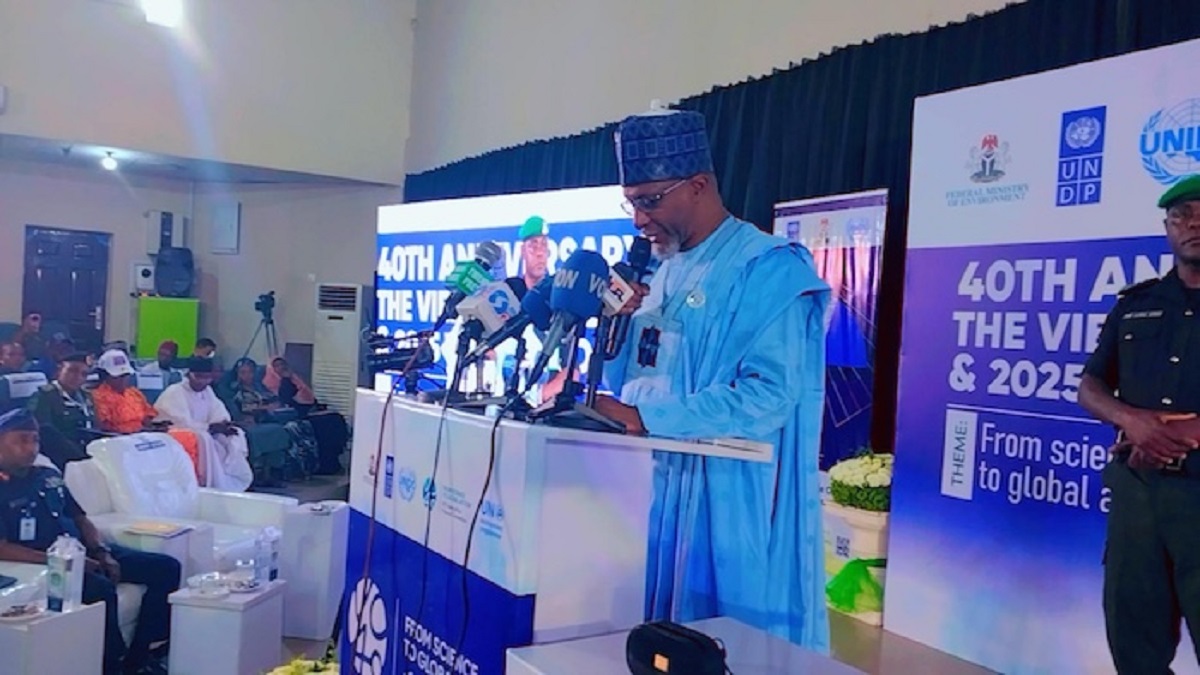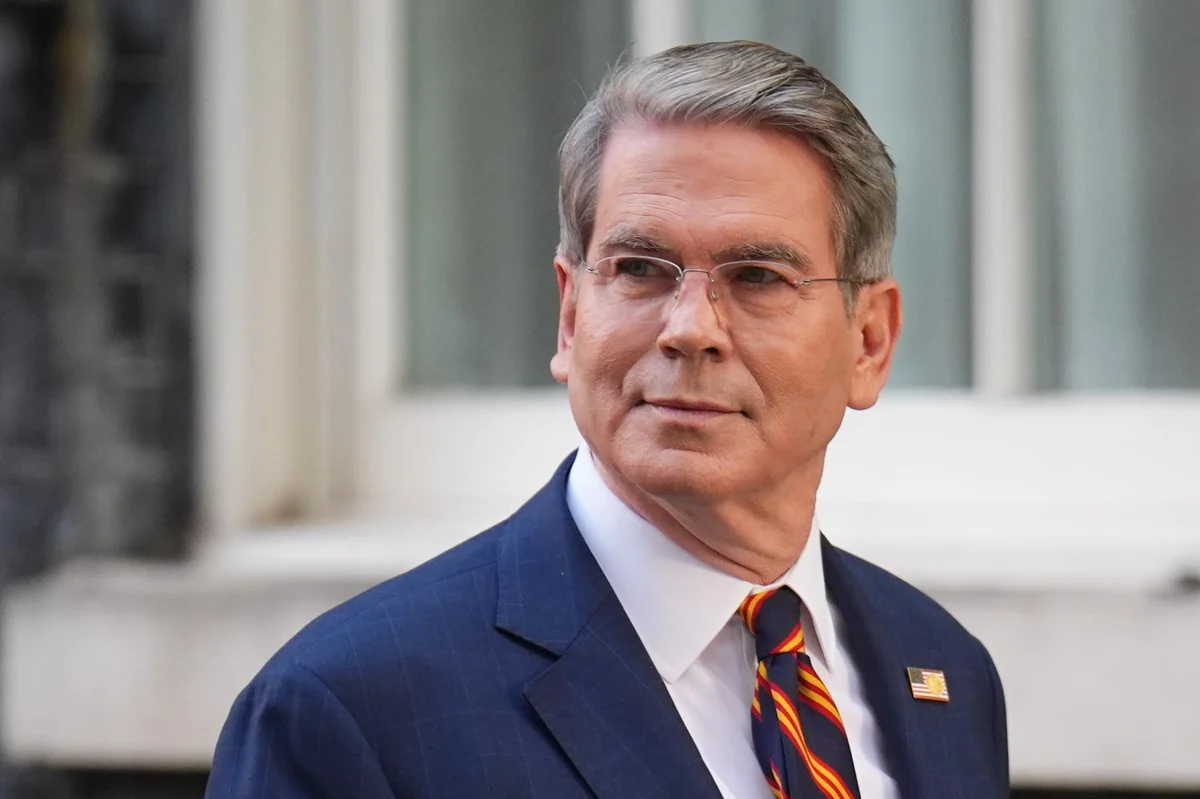By Tribune Online
Copyright tribuneonlineng

It has been 40 years since a treaty was signed at the Vienna Convention, followed by the Montreal Protocol which has been described as the most successful multilateral environmental agreement. It is a guide to the global phaseout of ozone-depleting substances (ODS). Today, scientific evidence shows that the ozone layer is on track to recover by 2066. The Kigali Amendment of 2016 further enhances this progress by addressing the effects of Hydrofluorocarbons (HFCs) and contributing to climate change mitigation, especially among African nations.
On Tuesday in Abuja, the Minister of Environment, Balarabe Abbas Lawal, at the commemoration of 40th Anniversary of the Vienna Convention for the Protection of the Ozone Layer and 2025 World Ozone Day in Nigeria, noted, “Nigeria ratified both the Vienna Convention and the Montreal Protocol in 1988 and has since met key phaseout targets, including CFCs and Halons.”
He added, “We have also ratified the Kigali Amendment and will soon commence implementation of the plan. The Federal Ministry of Environment, under the able leadership of His Excellency Bola Ahmed Tinubu, President of the Federal Republic of Nigeria, is collaborating with partners to phase out harmful substances in refrigeration, air conditioning, foam, aerosol, and fire protection sectors, while promoting the adoption of climate-friendly alternatives and energy-efficient technologies. We are also training technicians, strengthening regulations, and facilitating technology transfer with neighbouring countries to attain our goals.”
ALSO READ: Tinubu orders Fubara’s return, suspends emergency rule in Rivers
Also commemorating the International Day for the Preservation of the Ozone Layer, Elsie Attafuah, United Nations Development Programme (UNDP) Resident Representative in Nigeria, said: “This year’s theme, ‘Fixing the Ozone Layer and Reducing Climate Change,’ speaks to the heart of our shared mission: to protect the planet while advancing human development. It draws our attention to the importance of continuing both national and global efforts to safeguard the ozone layer, while also recognizing the critical role these interventions play in slowing the pace of global warming.”
She shared three strategic reflections that guide UNDP’s partnership with Nigeria, which are ‘Progress Through Partnership’, ‘Climate and Health Synergy’, and ‘Innovation for a Greener Future.’
She added, “As we look ahead, innovation must be at the core of our strategy. UNDP is committed to supporting Nigeria in scaling up climate-smart technologies, fostering green entrepreneurship, and promoting circular economy models that reduce waste and enhance resource efficiency. Under the Kigali Implementation Plan, the Hydrochlorofluorocarbon Phaseout Management Plans, and the recently-launched AGORA project, UNDP is committed to mainstreaming transformative programmes that accelerates the Government of Nigeria’s goals under the Montreal Protocol and contributes to the achievement of Nigeria’s environmental goals.”



